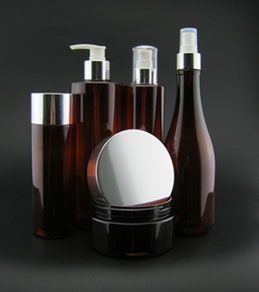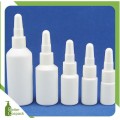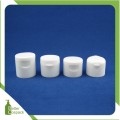News
What happens to shampoo bottles?
1. Production:
Shampoo bottles are usually made from various types of plastic, such as polyethylene terephthalate (PET) or high-density polyethylene (HDPE). These materials are chosen for their durability and ability to hold liquids without leaking.
2. Use:
Consumers purchase shampoo in these bottles and use the product over time. The bottle is usually stored in a bathroom environment, which can affect its longevity and condition.
3. Disposal:
Once the shampoo is used up, the bottle faces several potential fates:
Recycling: If the bottle is made of recyclable plastic and is disposed of in a recycling bin, it may be collected, sorted, and processed at a recycling facility. The bottle is then cleaned, shredded, melted, and reformed into new plastic products.
Landfill: If the bottle is not recycled, it may end up in a landfill. Plastics in landfills can take hundreds of years to decompose, and during this time, they may release harmful chemicals into the environment.
Incineration: In some areas, plastic waste is incinerated. This process can generate energy but also produces greenhouse gases and potentially harmful emissions if not properly managed.
Litter: Improperly disposed of bottles can become litter, contributing to environmental pollution. Plastic bottles that end up in natural environments can break down into microplastics, which are harmful to wildlife and ecosystems.
4. Reusing:
Some consumers may repurpose shampoo bottles for other uses, such as storage containers or DIY projects, which can extend their useful life.
5. Extended Producer Responsibility (EPR):
In some regions, there are regulations that make manufacturers responsible for the end-of-life management of their products, encouraging them to design more sustainable packaging and to participate in or fund recycling programs.
Overall, the environmental impact of shampoo bottles depends significantly on how they are disposed of and managed post-consumer use. Promoting recycling, reducing plastic use, and improving waste management systems are crucial steps towards minimizing their ecological footprint.
Products
Hot Products
-
BS01 3ml 5ml 8ml... BS01 3ml 5ml 8ml...
-
60ml 80ml 100ml... 60ml 80ml 100ml...
-
18/20/24/28/410... Product...
-
24mm 28mm cosmetic... Product...
 English
English
















